Edit Content
AfricaSan:
The first AfricaSan conference took place in Johannesburg, South Africa in 2002. Since then, AfricaSan has become a continental sanitation movement implemented in a cyclical process of commitment setting, action-planning, implementation and monitoring. The movement has inspired other regions across the world to initiate similar sanitation conferences. Some of which include the East Asia Sanitation Conference (EASAN); the South Asia Conference on Sanitation (SACOSAN), and the Latin America Sanitation Conference (LATINOSAN).
Sanitation Truck for Septic tank emptying in Cape Town, South Africa 2019
During Conference, participants will take stock of the information provided by Member States in the 2023 AfricaSan Ngor report. The report presents Member States’ progress to achieve sanitation and hygiene commitments.
At the 4th African Conference on Sanitation and Hygiene (AfricaSan), held in Dakar, Senegal, in 2015, the Ministers and Heads of Delegations responsible for sanitation and hygiene in Africa, together with senior civil servants, academics, civil society, development partners and the private sector signed visions and commitments to achieve universal access to adequate and sustainable sanitation and hygiene services and eliminate open defecation by 2030.
At the AfricaSan4 conference held in Dakar, Senegal in 2015, the Ministerial Declaration for Water and Sanitation, was called “Ngor”, meaning “dignity” in Wolof, the Senegalese national language. The Ngor Declaration on Sanitation and Hygiene defines clear, achievable commitments intended to deliver dignity and equity in sanitation and hygiene in Africa.
The Ngor Declaration explicitly recognizes the failure of many African countries to deliver large-scale hygiene behavior change. The declaration also acknowledges that poor hygiene practices result in “a huge burden of disease”. The Declaration includes a vision for universal access to adequate and sustainable sanitation and hygiene services and eliminate open defecation by 2030. It also includes an explicit commitment to the provision of “functional hand-washing facilities in public institutions and spaces.”
To realise the Ngor vision, governments made the following ten (10) commitments:
VIRTUAL, 2021
The 6th Africa Sanitation and Hygiene Conference took place virtually from November 22nd to 26th, 2021. It was held in conjunction with the 8th Africa Water Week and attracted a total of 3,160 participants from 103 countries. The conference responded to the unprecedented challenges posed by the outbreak of the Coronavirus (COVID-19) across Africa and worldwide. This added a new dimension to the existing sectoral challenges.Given this context, the conference theme was centered around “Accelerating Access to Safe Sanitation and Hygiene in Africa at SDG+5 and Covid-19 era.” The AfricaSan6 conference resulted in the Windhoek Multistakeholder Resolution, aimed at expediting Water Security and enhancing access to Safely Managed Sanitation and Hygiene in Africa.
CAPE TOWN, 2019
The 5th Africa Conference on Sanitation and Hygiene (AfricaSan5) was held in Cape Town, South Africa from February 18-22. AfricaSan5 partnered with the 5th International Fecal Sludge Management (FSM) Conference to deliver a uniquely rich blend of stakeholder dialogues and knowledge exchanges. The joint AfricaSan5 and FSM5 conference brought together more than 1,300 delegates from 82 countries. The preparatory AfricaSan5 process reviewed progress against the Ngor Vision and Commitments and SDG6, and generated a report — “Is Africa on Track to Achieve the SDGs on Sanitation? A review of progress on the Ngor Declaration on Sanitation and Hygiene”—which provides a baseline to measure progress towards achieving the Ngor Vision and Commitments
DAKAR, 2015
KIGALI, 2011
DURBAN, 2008
Just over five years later, AfricanSan 2 was a bigger, more inclusive event, hosted by AMCOW and other partners in Durban, South Africa in 2008. AfricaSan 2 attracted 32 African Ministers and produced the eThekwini declaration which makes 11 important commitments by African government to improve the performance of the sanitation and hygiene sector. The eThekwini declaration was subsequently endorsed by Heads of State at the 2008 AU Summit in the Sharm el Sheik Declaration and has been reaffirmed in subsequent declarations such as the Libreville Declaration on Health and the Environment in Africa.
JOHANNESBURG, 2002
The 1st AfricaSan conference was hosted in 2002 in Johannesburg by the then South African Minister of Water, Ronnie Kasrils, with 12 fellow African Ministers. Held just before the World Summit on Sustainable Development, it helped to build the groundswell which achieved the inclusion of sanitation as a specific MDG target. The concept of a political, technical, mobilizing event focusing on specifically on sanitation caught the imagination and concept was replicated in South Asia, Latin America and East Asia.
The AfricaSan Conference is a platform to engage in discussions about sanitation and hygiene issues. It also provides an opportunity to bring ideas from many different perspectives to the table. Under the Awards segment, AfricaSan recognizes work and contribution of different individuals and organisation towards sanitation and hygiene.
The AfricaSan7 aims to bring together Ministers responsible for sanitation and hygiene in Africa, together with senior civil servants, academics, civil society, development partners and the private sector to take stock of:
The Conference gives participants an opportunity to shape policy direction for sanitation, hygiene and indeed water resources in Africa. It also facilitates learning and fosters networking among state and non-state actors, including the private sector. Participants will also have chance to forge new and consolidate existing partnerships.
Over 60 technical sessions and seven plenary sessions, including a High-level Ministerial plenary, are planned for AfricaSan7 Conference. A total of 1000 participants are expected to attend. Participants stand to gain an understanding of the latest developments, challenges, solutions and best practices in the sector.
Following the adoption of the AfricaSan Ngor Commitments by African Ministers in charge of Sanitation and hygiene in 2015, AMCOW has been monitoring and reporting periodically on progress by Member States. AMCOW’s Water and Sanitation Sector Monitoring and Reporting System (WASSMO) system has also been upgraded to include the AfricaSan Ngor indicators’ database.
The 2022 Annual Report of the Commission on the implementation of the July 2008 Assembly Declaration on the Sharm El-Sheikh Commitments for Accelerating the Achievement of Water and Sanitation Goals in Africa Assembly Decision (Assembly/AU/ Decl.1 (XI)) has shown an increase in investment towards sanitation and hygiene. As recorded in the 2022 WASSMO report, the average investment rose from 0.1% to 0.25% of GDP. The increase, however, was noted during the period of Covid-19 pandemic.
Furthermore, an improvement in the proportion of the African population with access to safely managed water and sanitation has been recorded. The proportional increase is from 22.08% in 2021 to 37.46% in 2022. That said, the Continent is significantly off-track to achieve the related Sustainable Development Goals (SDG) 6 targets.
Of particular concern, however, is the current regression from the gains relating to open defecation-free status. A continent-wide increase of 6% in the practice of open defecation was observed over the reporting period. This undermines the efforts to attain the Ngor Commitments’ target of eradicating open defecation fully, by 2030.
During AfricaSan7, Ministers responsible for sanitation and hygiene in Africa, together with senior civil servants, academics, civil society, development partners and the private sector will need to prescribe solutions and strategies to address this situation.
For more details, please refer to the WASSMO report: https://knowledgehub.amcow-online.org/resource/2022-africa-water-and-sanitation-report#
The African Ministers’ Council on Water (AMCOW) was formed in 2002 in Abuja Nigeria, primarily to promote cooperation, security, social and economic development and poverty eradication among member states through the effective management of the continent’s water resources and provision of water supply services.
In 2008, at the 11th ordinary session of the Africa Union (AU) Assembly in Sharm el-Sheikh, Heads of State and Government of the AU agreed on commitments to accelerate the achievement of water and sanitation goals in Africa and mandated AMCOW to develop and follow up an implementation strategy for these commitments. AMCOW has also being accorded the status of a Specialized Committee for Water and Sanitation in the African Union.
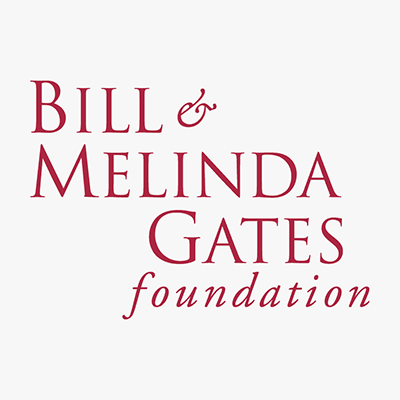

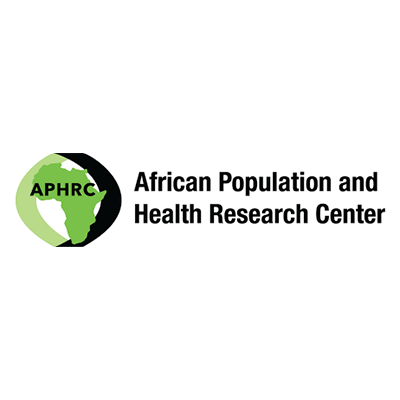

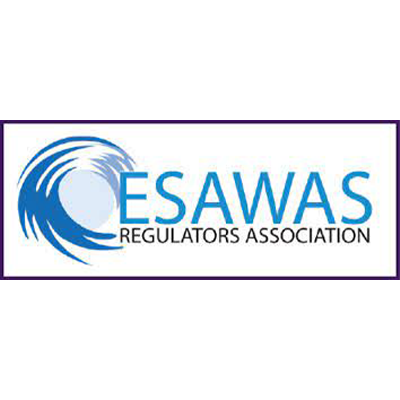





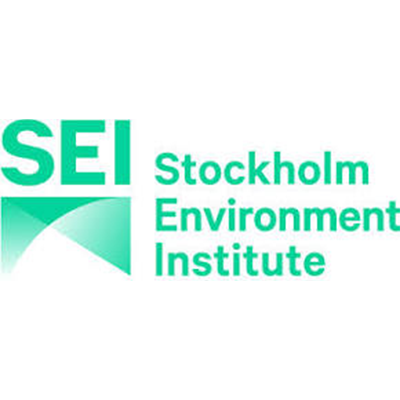

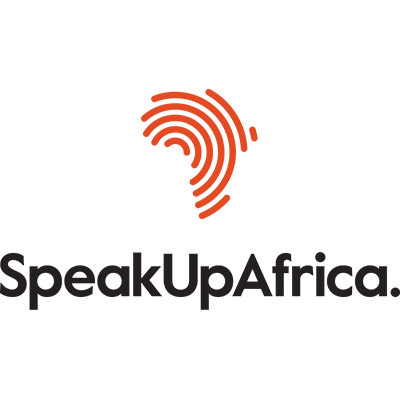





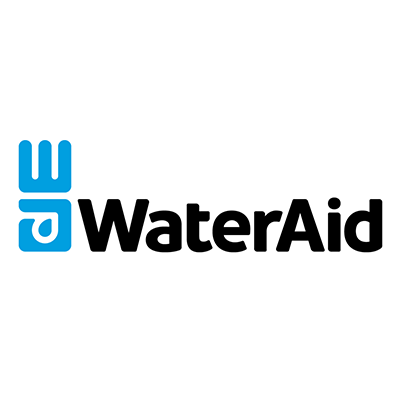









(c) 2023 AfricaSan, All rights reserveed
Search for any content on our website